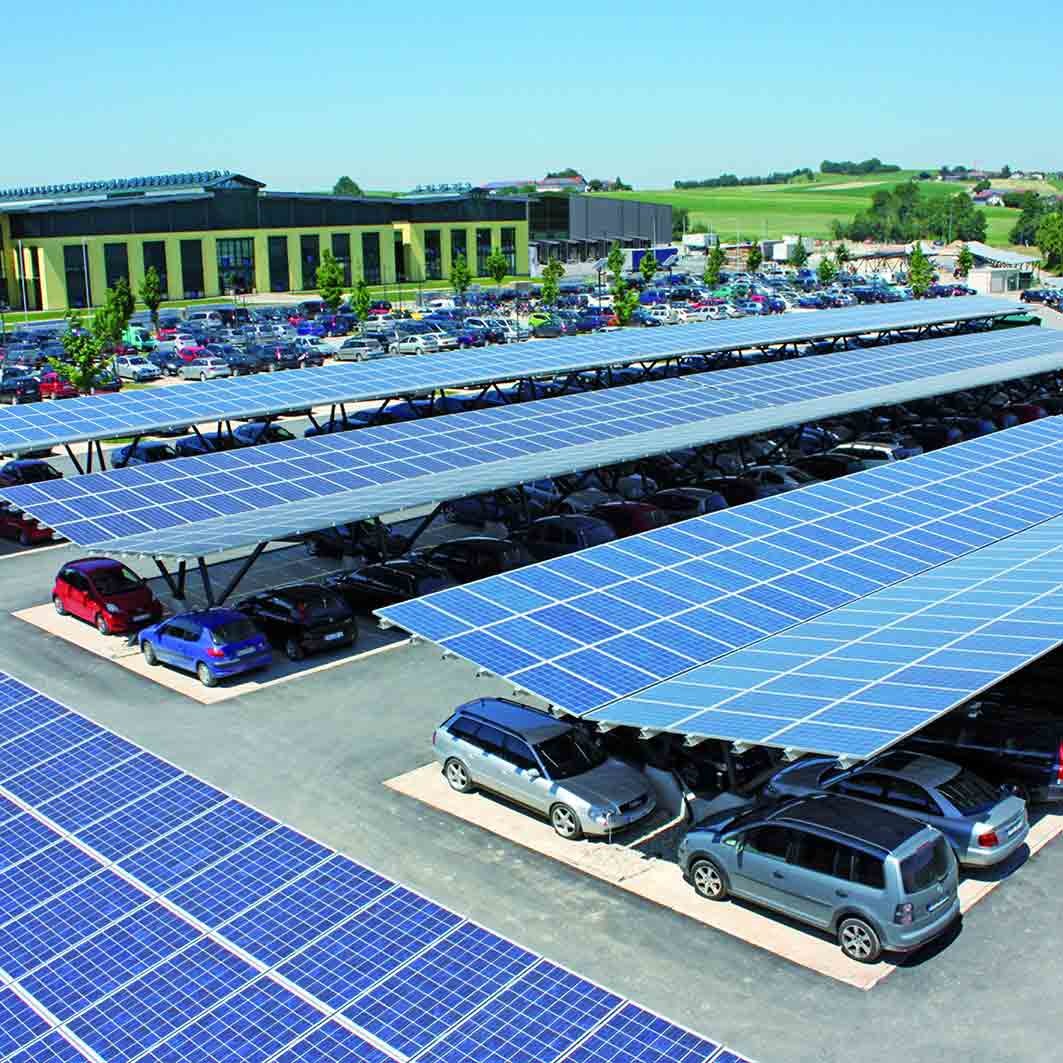


You won’t be at the mercy of the local power company. No blackouts– all of your energy is stored in the battery or batteries attached to your system, so you can draw on it whenever you need it-during a major winter storm, on hot summer days when the power grid is overloaded, or anytime in between.Environmental benefits – using entirely renewable energy for your power needs means a lower carbon footprint.Over the 20- to 25-year life of the solar panelsthat’s a savings of $23,000 to $29,000 without even taking into account higher electricity costs in the future (which is basically a guarantee). The average power bill for homes in the mountain west region was $96.20 in 2018, so that can add up to annual savings of $1,150 or more. Savings – cutting ties with the local power company means that you will never have to pay a monthly power bill again, because all of your energy will come from a renewable source.There are plenty of reasons to consider going off-grid with your solar:

These systems are not connected to the local power grid, which means that the only available power you have is what you can generate from the panels and store in one or more batteries. What is an Off-Grid System?Īn off-grid system is a renewable solar energy system that generates energy from solar panels during the day and stores that energy in battery backups for use at a later time. Today we’re going to explore some of the pros and cons of having an off-grid system. Grid-tied systems with no battery backup.Solar energy systems come in three options: Another decision you need to make is how you want to be connected to the local power grid, or whether you want to be connected at all. Deciding to get solar energy is a big choice, but it’s more than just determining whether you want to get solar panels installed on top of your home.


 0 kommentar(er)
0 kommentar(er)
